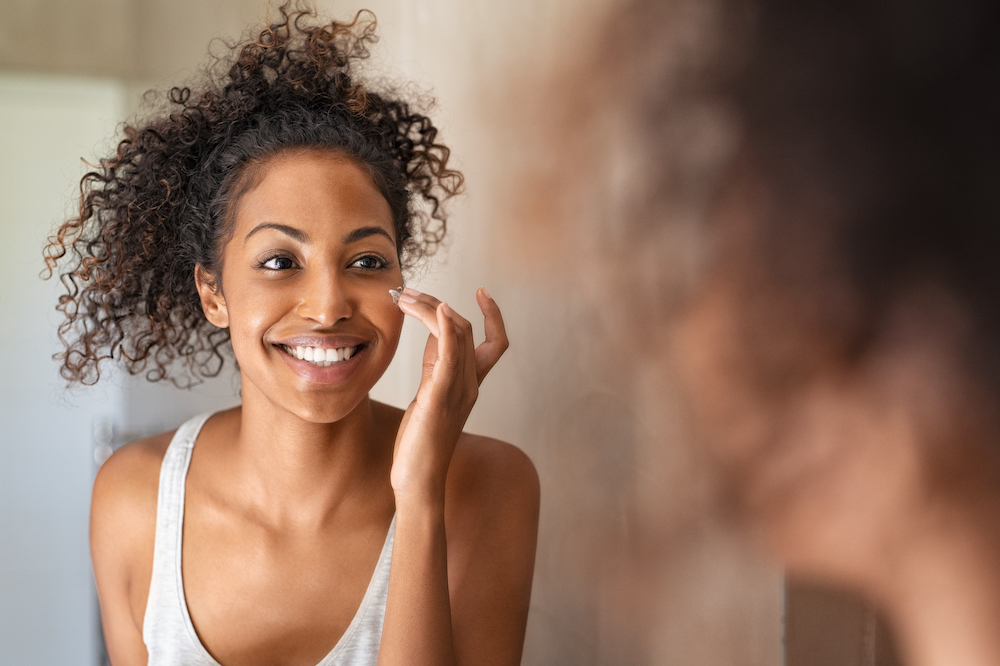
Skin Care

Oral & Topical Medications

Focus on Prevention

Specialized Care
Atlanta Dermatology Done Right
Dermatology Treatments & Skin Care
Specializing in Black Skin Care
Acne
Although acne is common among all skin types, dark spots often occur and are particularly concerning to people of color. Many topical and oral treatment options are available as well as chemical peels that improve the color and texture of the skin.
Post-inflammatory hyperpigmentation (skin discoloration/dark spots)
These dark or spots are common in black skin. When skin becomes irritated due to acne, rashes, and scratches or after surgery, it can remain dark for months after. Treatments for dark spots include bleaching cream, creams containing acids or vitamin A, chemical peels and microdermabrasion.
DPN
Dermatosis papulosa nigra (DPN) is a benign skin condition common among black patients. These are small brown or black growths on the face, usually around the eyes or on the cheeks. They can be almost flat or protrude from the skin and can grow/increase in size over time. Some people only have a few; others have many DPN’s. Although not cancerous, they can be unattractive and sometimes itch. They also tend to increase in size and number during pregnancy. DPN’s can easily be removed in our Atlanta dermatologist office by Dr. Straughn, without any needles or numbing medication.
Ingrown hairs (razor bumps)
Most common among black patients, these bumps develop when curly hair becomes ingrown. For black men, the beard area is commonly affected; in black women, the bikini area and underarms and neck are commonly affected. Shaving, plucking, tweezing and waxing can often make the problem worse. Sometimes the skin becomes infected and requires topical or oral antibiotics. Creams that soften the hairs, flatten the bumps, and fade the dark spots are available. However, laser treatment in our Atlanta dermatology office is the most effective treatment for this common black skin condition.

Acne Keloidalis
Also common among black patients, acne keloidalis are ingrown hair bumps that can develop on the back of the neck and scalp. They can occur in both black women and men, but are more common in men, especially after close haircuts. These bumps tend to be chronic and sometimes become infected. They can be itchy and painful and can develop into keloid scars or cause permanent hair loss. Topical steroids and antibiotics can be helpful in the early stages. Chronic bumps may require injections, oral antibiotics or surgery.
One practical tip that black men can ask of their barber is to ask that astringent be applied before getting a line. Black barbers common do so after the haircut. Just as surgeons clean the surgical area before surgery, barbers should apply the astringent beforehand as well.
Keloids
Keloids are also most common among black patients. They are thick unsightly scars that develop after surgery or an injury to the skin. They typically occur on earlobes, scalps and surgical scars anywhere on the body. Keloids can be itchy and sometimes very painful. Treatment can be difficult. Some keloids can be injected with steroids to soften and flatten them. Small keloids can be treated with topical steroids. Larger keloids often require surgery and then monthly injections and a topical cream or even localized radiation treatment, which helps prevent the keloid from recurring. Black dermatologist tends to have relatively more experience in treating keloids.
Vitiligo (light spots, aka the Michael Jackson condition)
Vitiligo is especially troubling and worrisome in black skin, due to the social stigma of loss of color. 1% of all Americans develop vitiligo. Vitiligo can occur anywhere on the body, but often affects the lips and around the eyes. It tends to occur symmetrically. Although most people with vitiligo are healthy, it is very important to look for internal medical conditions that can trigger or be associated with vitiligo, especially thyroid disease, HIV, Hepatitis. Laboratory tests are essential.
Melasma
These dark brown patches occur on the face, especially the cheeks, forehead and upper lip. 90% of people with melasma are women. Hormones play a role in causing dark spots. For example birth control pills, hormone replacement therapy, and pregnancy. Approximately 50-70% of pregnant women of black women will develop melasma. It is so common in pregnancy that it is called the “mask of pregnancy”.
Sun exposure will make melasma worse, even incidental sun, like driving in a car. Clearly this is a special consideration in Atlanta. There are many treatment options including bleaching cream, topical vitamin A, Kojic, glycolic, salicylic or trichloroacetic acid, chemical peels, microdermabrasion, and laser treatment. Sun avoidance and protection is essential. An SPF of 30 with broad-spectrum coverage helps to protect against sun exposure. Hats with a broad brim and avoidance of the Atlanta sun from 10 am-2 pm is also helpful. Although melasma can be successfully treated, it can also be difficult to treat and can recur.
Eczema
Eczema is the most common skin rash seen by dermatologists, including black patients. The skin is red, itchy and sometimes painful. The skin can become infected with bacteria or fungal infections. In black skin, it often becomes thickened and turns darker. Eczema often occurs in families, especially those with a tendency to hay fever, allergic rhinitis, asthma, and sensitive skin.
People with eczema, especially childhood eczema tend to have sensitive skin that is easily irritated. They also have very dry, ashy skin and often can have trouble finding the right lotion to keep their skin moisturized.
Eczema can also develop after contact with an irritant, such as a harsh soap, or after contact with an allergen, like nickel, scented products or poison ivy.
In black skin, eczema can turn into dark blotches or thickened dark rough skin. In some cases, chronic eczema can even result in permanent light, dark or keloid scars. Fortunately, eczema usually responds well to topical treatment including steroids, and some creams that do not contain steroids. In more difficult cases, oral steroids, ultraviolet light or other systemic treatments may be necessary. Soothing lotions or antihistamine pills can reduce the itching.
Black Skin Care
Caring for black skin requires extra consideration by dermatologists who specialize in black skincare. Black skin care in Atlanta presents other diagnosis and treatment considerations, given the climate and excessive sun exposure.
At Buckhead Dermatology, Dr. Sherrie-Ann Straughn, a board-certified dermatologist, specializes in the diagnosis and treatment of conditions often associated with black skin. Based in Atlanta, conveniently in Buckhead, Buckhead Dermatology welcomes new patients that desire special needs associated with black skin and hair care.
